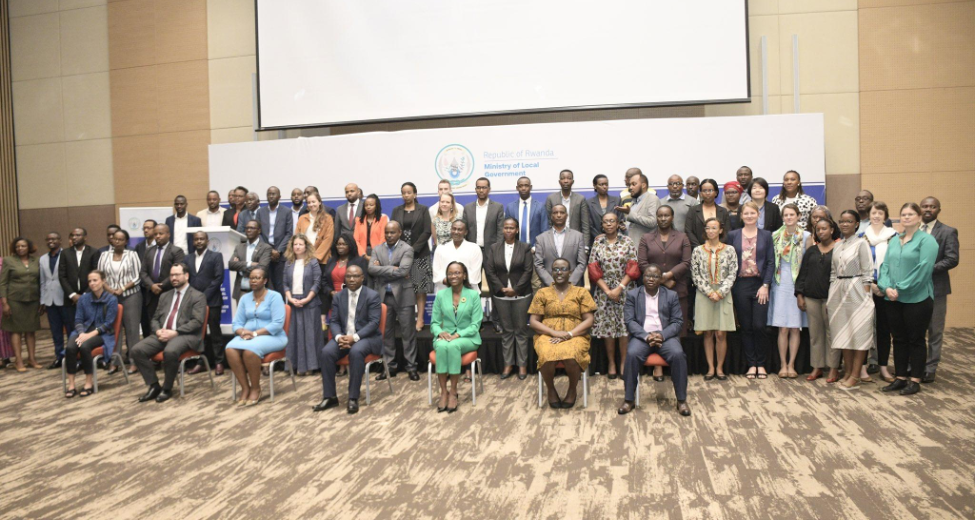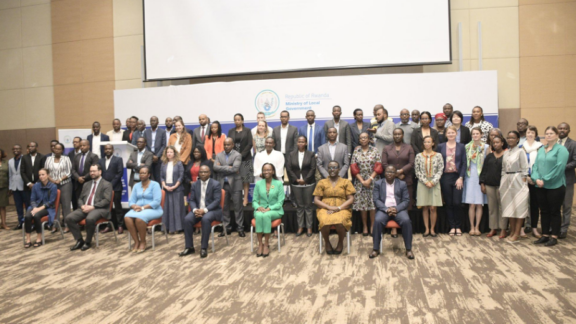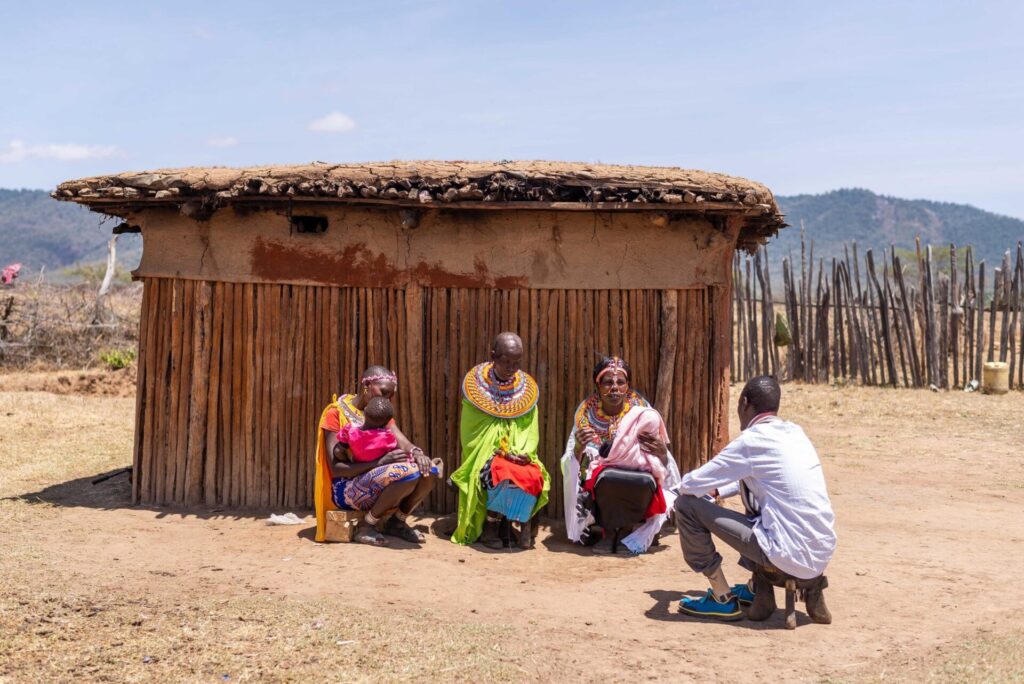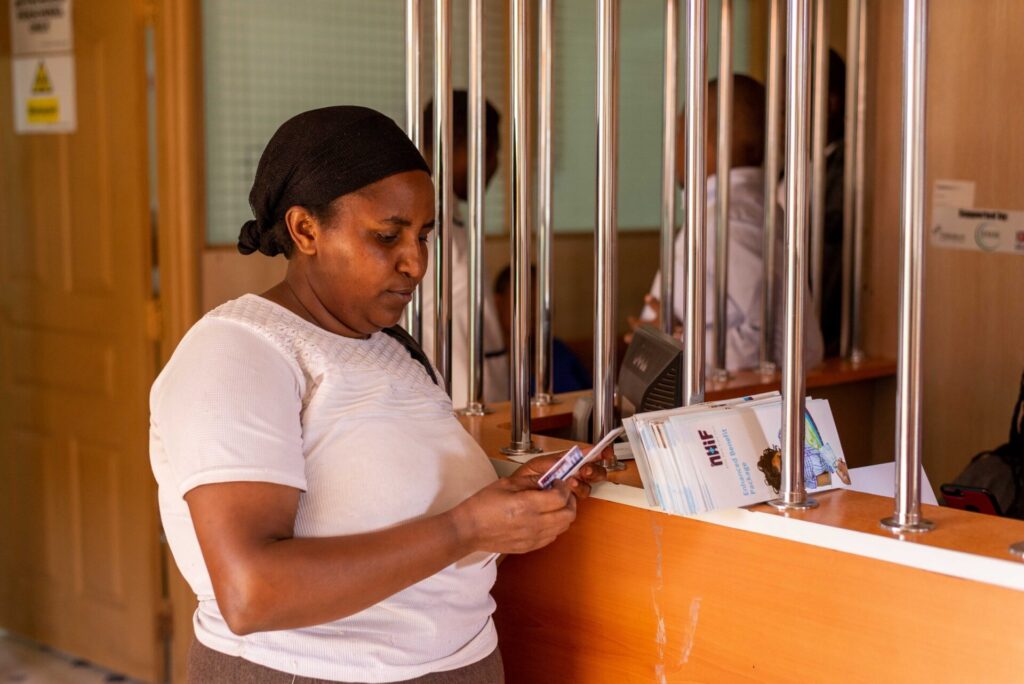Jean Claude Muhire | Rwanda Program Director, Ultra-Poor Graduation Initiative (UPGI)
Photo credit to Ministry of Local Government, Rwanda
BRAC applauds the Government of Rwanda’s adoption of the National Strategy for Sustainable Graduation (NSSG). The National Strategy for Sustainable Graduation represents a notable commitment to empowering people in poverty to develop sustainable livelihoods and establish a pathway out of poverty as part of the Government’s broader efforts to eradicate extreme poverty by 2030. As one of the first national-level policies committed to ending extreme poverty through the Graduation approach, the Government of Rwanda demonstrates the potential to adopt evidence-based models to address large-scale challenges like extreme poverty.
The National Strategy for Sustainable Graduation, led by the Ministry of Local Government, establishes a strategic shift toward holistic approaches to poverty alleviation that is articulated in both the National Strategy for Transformation (2017–2024) and the National Social Protection Strategy (2017–2024).
Similar to BRAC’s Graduation approach, the NSSG defines Graduation as a two year program for households to benefit from effective livelihood development programs, multi sectoral interventions, access to shock responsive social protection services, and market access that creates an enabling environment for households to “graduate” out of extreme poverty. Given the multiple, compounding vulnerabilities and shocks faced by people living in extreme poverty, the NSSG integrates shock responsiveness throughout the duration of the program, as well as following the graduation of households. This includes various targets that address the most common shocks, such as economic shocks, preventing people from graduating and staying out of poverty.
Importantly, the NSSG recognizes the importance of partnership across Ministries and stakeholders to achieve the vision of ending extreme poverty for the long-term. The NSSG invites stakeholders across government and various sectors including civil society, private sector, and others to adopt the Graduation approach and support efforts to end extreme poverty. The inclusion of various stakeholders and inter-ministerial collaboration in the strategy is exemplary as sustainably tackling extreme poverty relies on many actors working together towards a common goal.
BRAC looks forward to supporting the Ministry of Local Governance, and the Government of Rwanda and development partners more broadly, through its international arm BRAC International, leveraging 20 years of experience implementing, testing, and iterating the Graduation approach to fulfill the vision within the National Strategy for Sustainable Graduation and eradicate extreme poverty.




